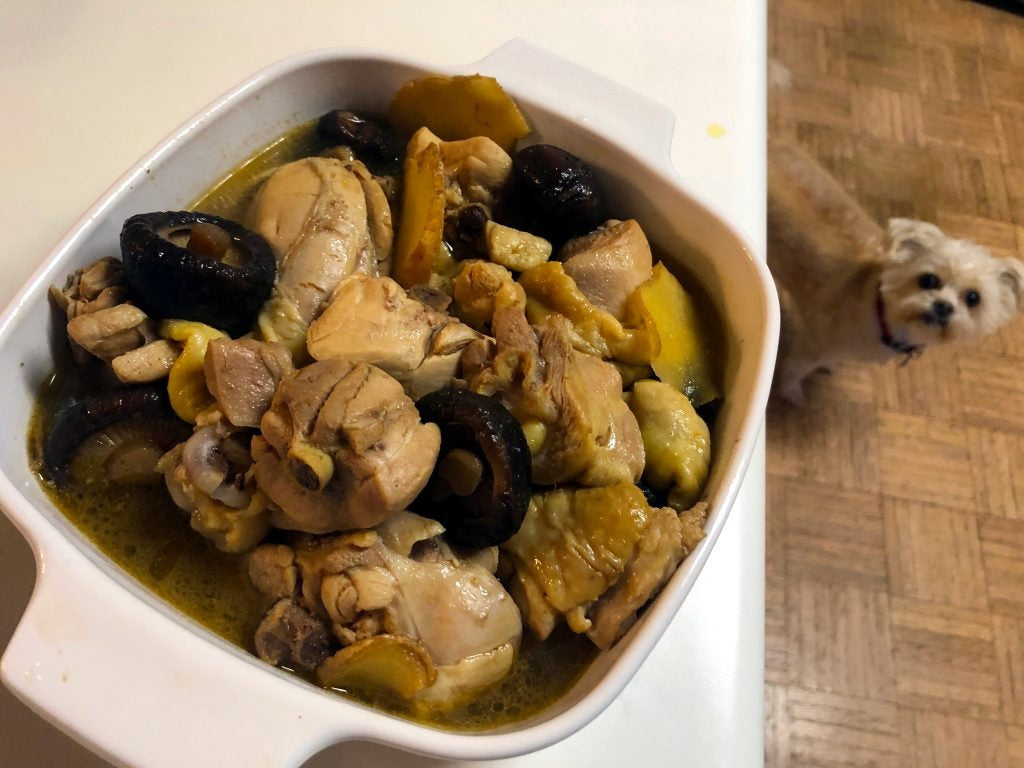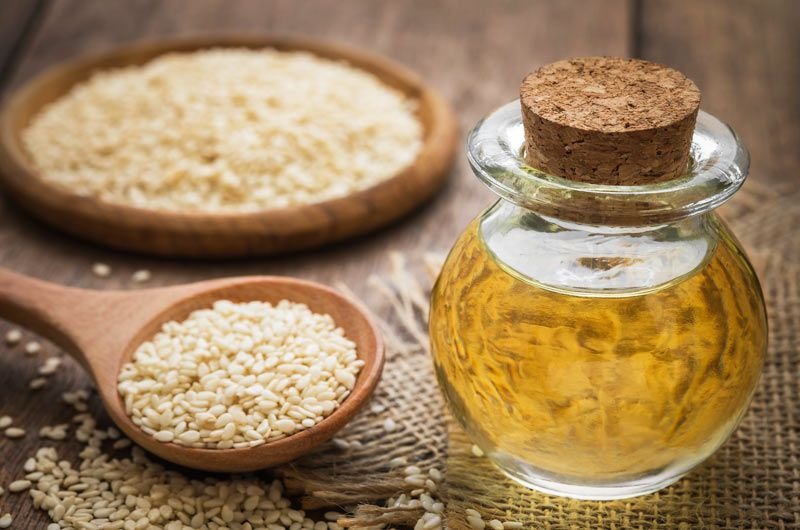The lifespan of sesame oil is a common concern for chefs and kitchen enthusiasts alike. If you've ever found yourself staring at a bottle of sesame oil in your pantry, wondering if it's still good to use, you're certainly not alone. Understanding how long sesame oil lasts can help you avoid culinary mishaps and ensure your dishes always taste their best. In this comprehensive guide, we'll explore the specifics of sesame oil's shelf life, factors that impact its longevity, and tips to keep it fresh for as long as possible.

The Basics: What Is Sesame Oil?
Before we dive into the details of sesame oil's shelf life, it's essential to understand what sesame oil is. Derived from sesame seeds, sesame oil is a staple in various cuisines around the world, especially Asian cooking. Known for its rich, nutty flavor, it's available in two varieties: toasted and untoasted.

Types of Sesame Oil and Their Shelf Lives
Toasted Sesame Oil
Toasted sesame oil is made from roasted sesame seeds, offering a much more robust flavor compared to its untoasted counterpart. Often used as a finishing oil, it enhances dishes just before serving. Due to the roasting process, toasted sesame oil has a shorter shelf life as it is more prone to oxidation.
Untoasted Sesame Oil
Untoasted sesame oil is made from raw sesame seeds and has a milder flavor. It's more versatile, suitable for cooking, dressing salads, and even marinades. As a result, untoasted sesame oil tends to last longer than toasted sesame oil.

Factors Affecting Sesame Oil's Shelf Life
Storage Conditions
Storage conditions significantly influence how long sesame oil lasts. Both types should be stored in a cool, dark place, away from direct sunlight and heat. Exposure to light and heat accelerates oxidation, causing the oil to spoil faster.
Packaging
The type of packaging also impacts sesame oil's shelf life. Oils stored in dark glass bottles tend to last longer compared to those in clear glass or plastic bottles. The dark glass protects the oil from light, preserving its quality over time.
Presence of Preservatives
Some brands add preservatives to their sesame oil to extend its shelf life. While this can be beneficial, it's essential to check the label if you prefer a more natural product.

Signs Your Sesame Oil Has Gone Bad
Knowing how to identify if your sesame oil has gone bad is as important as knowing how to store it. Here are some signs to look out for:
Rancid Smell
Fresh sesame oil has a pleasant, nutty aroma. If your oil smells sour or off, it's likely rancid and should be discarded.
Change in Color
Spoiled sesame oil may darken or develop an uneven coloration. If you notice any unusual changes in color, it's best to err on the side of caution and dispose of the oil.
Off Taste
If your sesame oil tastes bitter or sour, it's a clear indication that it has spoiled. Using expired oil can negatively impact the flavor of your dishes.
Presence of Mold
While rare, mold can form if the oil has been contaminated or stored improperly. If you see any mold, discard the oil immediately.
How to Extend the Shelf Life of Your Sesame Oil
Fortunately, there are several steps you can take to extend sesame oil's shelf life, ensuring it stays fresh longer.
Refrigeration
Storing sesame oil in the refrigerator can significantly extend its shelf life. The cooler temperature slows down the oxidation process, keeping the oil fresh for a more extended period. Note that refrigerated sesame oil may become cloudy, but this doesn't affect its quality or flavor.
Use Smaller Bottles
If you don't use sesame oil frequently, consider purchasing smaller bottles. This reduces the time the oil is exposed to air, which can cause it to spoil faster.
For more detailed tips on maximizing the shelf life of cooking oils, check out this Serious Eats article.
Airtight Containers
Ensure that the bottle is tightly sealed after each use. Exposure to air accelerates the oxidation process, which can shorten the shelf life of the oil.
Avoid Exposure to Light
As mentioned earlier, store your sesame oil in a dark place away from direct sunlight. Light exposure can cause the oil to degrade more quickly.
Using Sesame Oil Past Its Shelf Life
If you've had a bottle of sesame oil sitting in your pantry for a while, you might wonder if it's still safe to use. While using expired sesame oil is generally not recommended, it's not necessarily harmful if the oil shows no signs of spoilage. However, the flavor and quality may be compromised.
Cooking vs. Finishing
If your oil is nearing its expiration date but still smells and tastes okay, consider using it for cooking rather than as a finishing oil. Cooking can mask any minor off-flavors that may have developed.
Alternative Uses
If you're hesitant to use old sesame oil in your cooking, consider using it for non-culinary purposes. Sesame oil can be used as a moisturizer, for oil pulling, or even as a wood polish.
FAQ
1. How long does sesame oil last after opening?
After opening, sesame oil can last anywhere from 6 months to a year if stored properly in a cool, dark place. Refrigeration can extend its shelf life even further.
2. Can you use expired sesame oil?
Using expired sesame oil is generally not recommended, but if the oil shows no signs of spoilage such as a rancid smell or off-taste, it may still be safe to use. However, the quality and flavor may be compromised.
3. Does sesame oil need to be refrigerated?
While it's not necessary to refrigerate sesame oil, doing so can extend its shelf life. Refrigerated sesame oil may become cloudy, but this doesn't affect its quality or flavor.
As an Amazon Associate, I earn from qualifying purchases.
Conclusion
Understanding how long sesame oil lasts is crucial for anyone who loves to cook. By paying attention to storage conditions, packaging, and signs of spoilage, you can ensure that your sesame oil remains fresh and flavorful for as long as possible. If you follow these guidelines, you'll not only avoid the unpleasant experience of using rancid oil but also make the most out of this versatile kitchen staple. For further information on kitchen essentials and tips, visit our kitchen section and check our articles on kitchen storage and oil types. And for ideas on kitchen decor, especially tiles, browse through this guide on kitchen wall tiles. Stay informed, stay flavorful!






Leave a comment
This site is protected by hCaptcha and the hCaptcha Privacy Policy and Terms of Service apply.